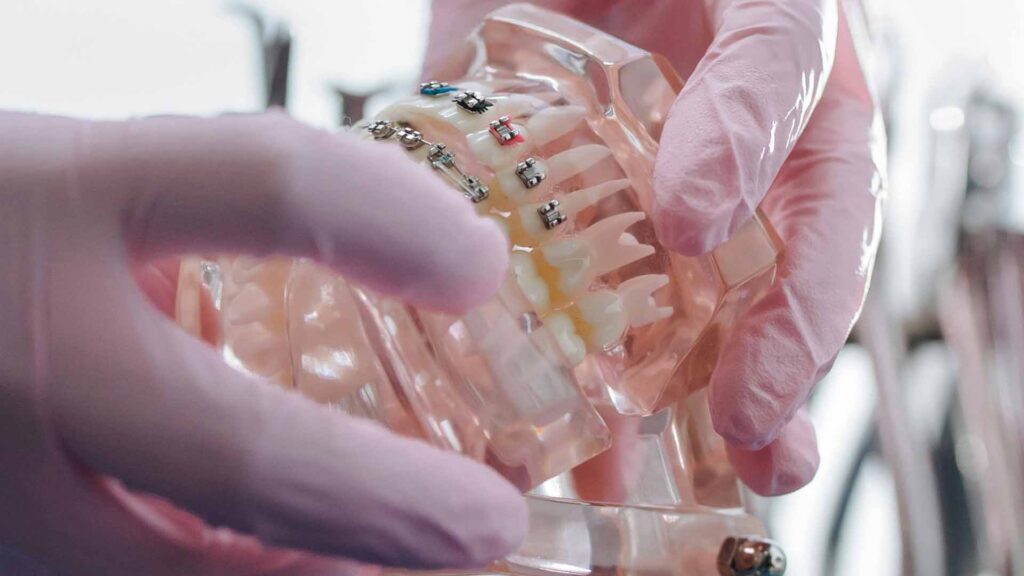Dental Implants: What to Expect from the Procedure, Benefits, Risks, and Insurance Options
Dental implants have become a popular solution for those seeking a long-lasting, natural-looking option for tooth replacement. Whether you’re missing one tooth or multiple, dental implants can restore function and appearance, often lasting a lifetime with proper care. This guide covers everything you need to know about dental implants, including the procedure, benefits, risks, and insurance considerations.






What are Dental Implants?
Dental implants are artificial tooth roots, typically made of titanium, that are surgically placed into the jawbone to support a replacement tooth, bridge, or denture. Implants are considered the most durable and stable tooth replacement option due to their integration with the bone, creating a secure foundation for chewing and speaking with confidence.

The Dental Implant Procedure: Step-by-Step
- Initial Consultation and Planning: The dental implant process begins with a consultation where your dentist assesses your oral health, bone density, and specific needs. X-rays or 3D imaging are often used to create a custom treatment plan, ensuring the implant placement will be precise and effective.
- Bone Grafting (If Needed): For patients with insufficient jawbone density, a bone grafting procedure may be required before the implant can be placed. This step helps to strengthen the bone, providing adequate support for the implant. Grafting generally takes several months to heal before the implant surgery can proceed.
- Implant Placement Surgery: During the surgical procedure, a titanium post (the implant) is inserted into the jawbone. This procedure is typically performed under local anesthesia, although sedation options are available. After placement, the implant needs time to integrate with the bone in a process called osseointegration, which usually takes three to six months.
- Abutment Placement: Once osseointegration is complete, an abutment is attached to the implant. This connector piece will hold the dental crown in place.
- Crown Placement: The final step is to place the dental crown, which is custom-made to match the color and shape of your natural teeth. This crown serves as the visible part of the implant and allows you to chew and smile confidently.
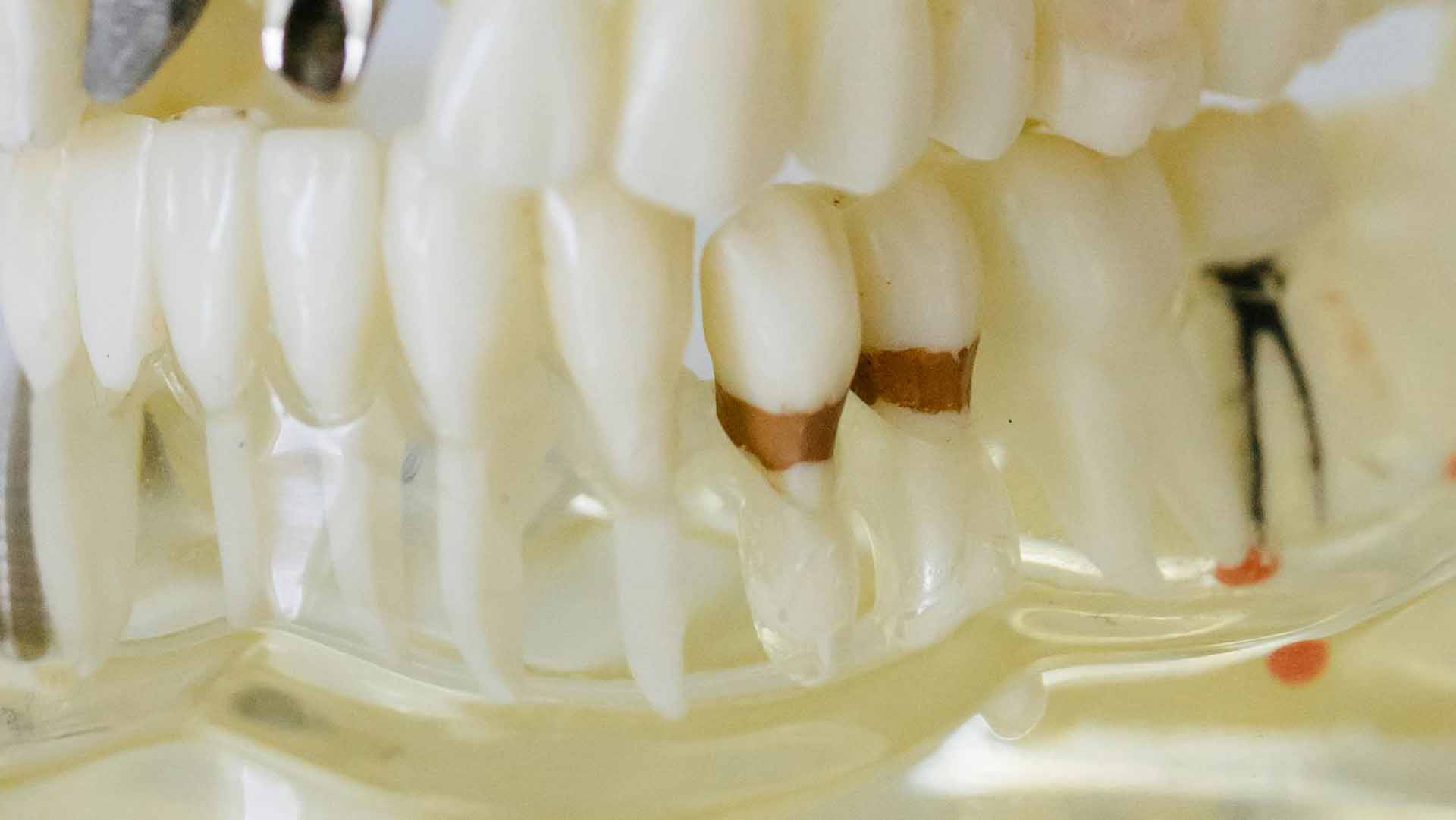
Benefits of Dental Implants
Dental implants offer several advantages over other tooth replacement options like bridges and dentures:
- Natural Appearance and Functionality: Implants mimic natural teeth in both appearance and feel, allowing you to eat and speak comfortably.
- Durability and Longevity: With proper care, dental implants can last a lifetime, making them a cost-effective solution in the long term.
- Bone Health Preservation: Unlike other options, implants stimulate the jawbone, preventing bone loss and helping to maintain the natural shape of your face.
- Convenience: Unlike dentures, implants do not require adhesives, special cleaning routines, or adjustments over time.
- Improved Oral Health: Dental implants do not require the reduction of adjacent teeth as is necessary with dental bridges, preserving your natural teeth.
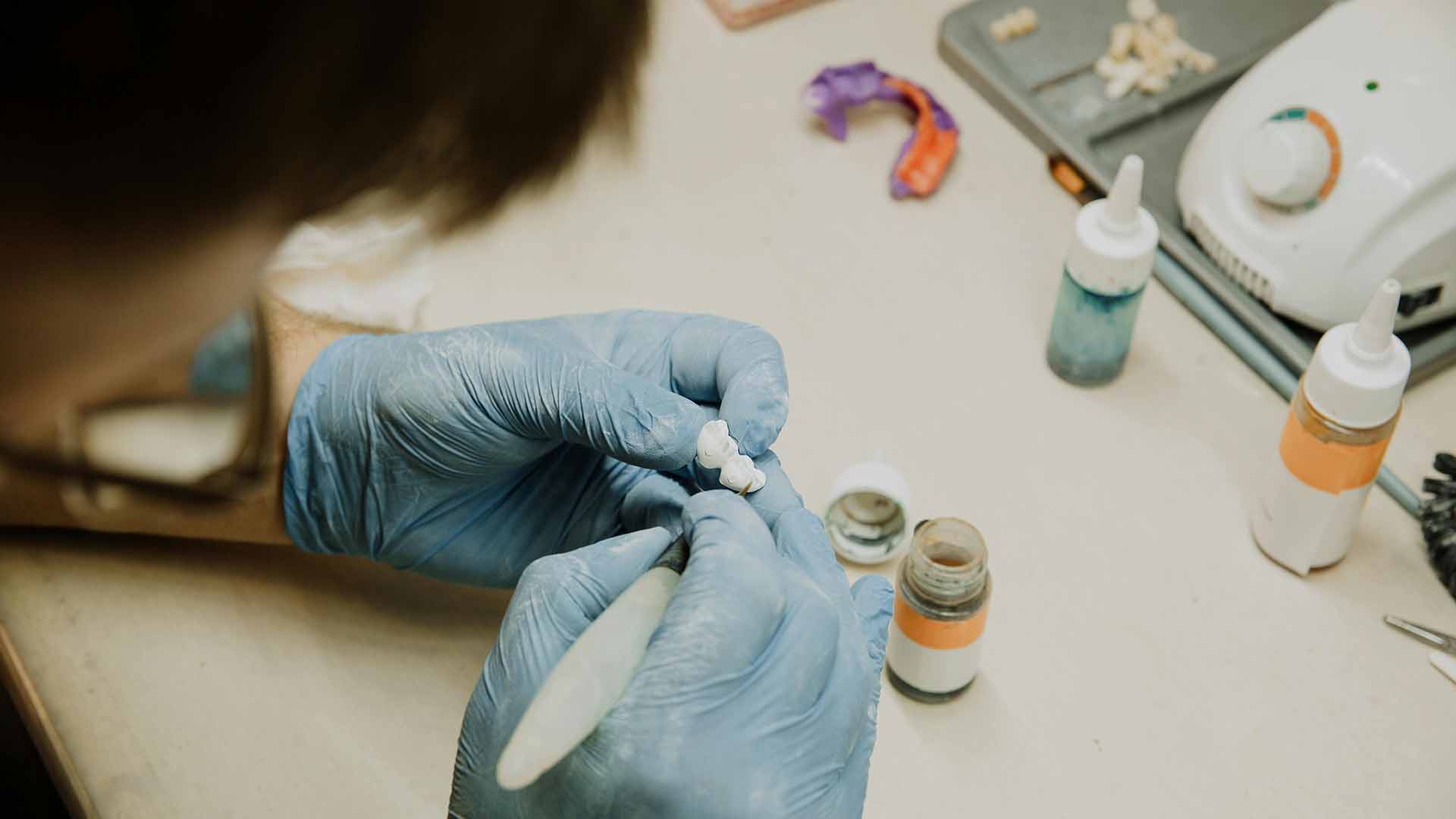
Risks and Considerations
While dental implants have a high success rate, typically over 95%, there are potential risks and considerations to be aware of:
- Infection: Infection at the implant site can occur if the area is not properly cared for post-surgery. Following aftercare instructions and regular dental visits help minimize this risk.
- Implant Failure: While rare, implant failure can happen if the bone fails to fuse with the implant. This is more likely in smokers or those with certain medical conditions.
- Nerve Damage: In some cases, the implant may be placed too close to a nerve, causing numbness, tingling, or pain.
- Sinus Issues: For implants placed in the upper jaw, there is a small risk of affecting the sinus cavities, especially if there is insufficient bone. Your dentist may recommend a sinus lift to prepare the area.
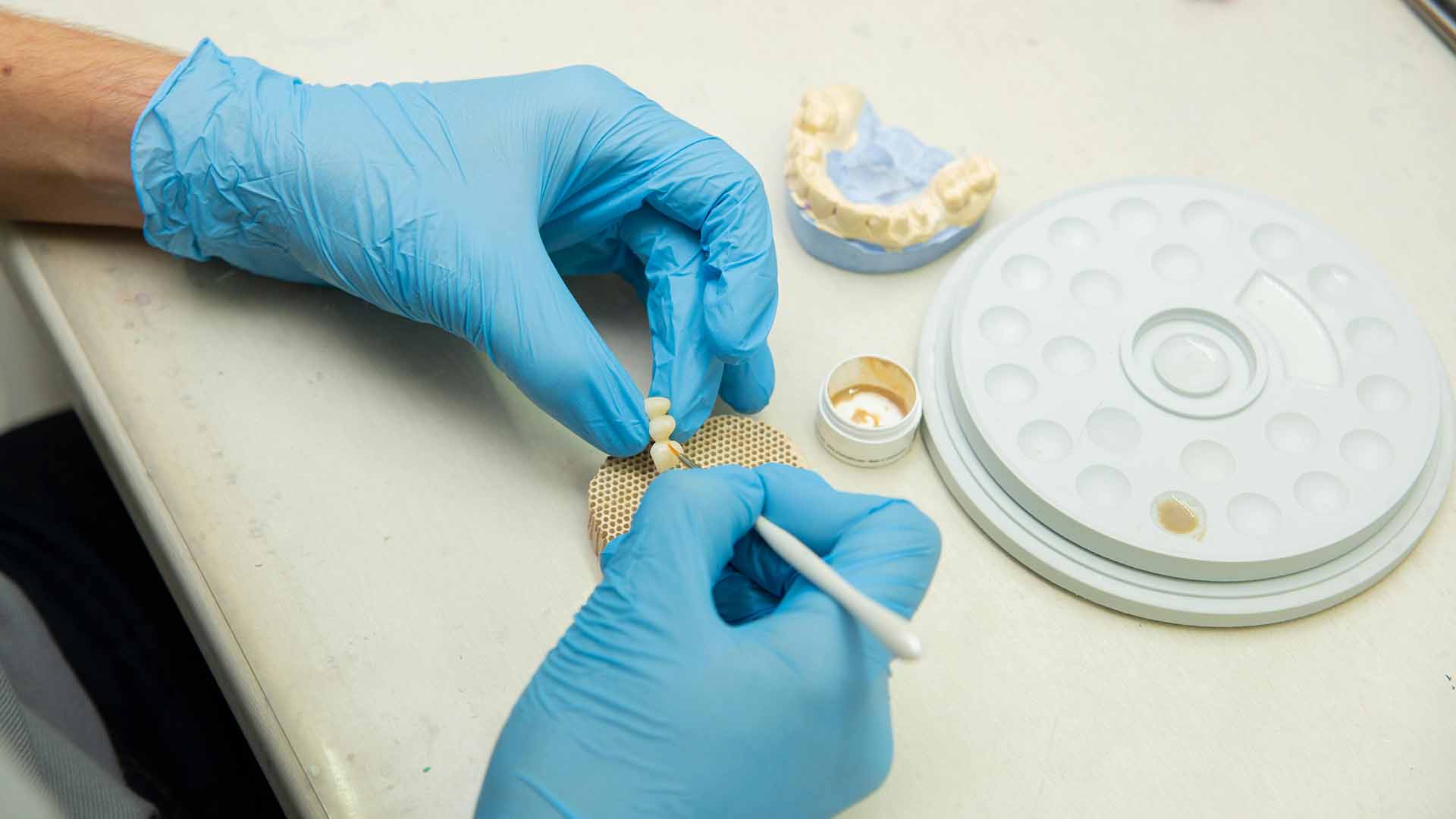
Insurance Coverage and Cost of Dental Implants
Dental implants can be a significant investment, and understanding your insurance options is essential to making an informed decision. While many insurance plans do not fully cover dental implants, there are options available:
- Dental Insurance Coverage: Some dental insurance plans may cover part of the procedure, typically the crown rather than the implant post or surgery. Checking with your insurance provider beforehand is essential to understanding what will and won’t be covered.
- Health Insurance: In rare cases, health insurance may cover part of the implant procedure if it’s related to a medical issue, such as an accident or disease.
- Payment Plans and Financing Options: Many dental offices offer financing plans to make the cost of dental implants more manageable. These plans often come with low-interest rates and flexible terms, making it easier to fit the expense into your budget.
- Flexible Spending Accounts (FSA) or Health Savings Accounts (HSA): You can use funds from an FSA or HSA account to pay for dental implant, offering a tax-free way to manage out-of-pocket costs.

Aftercare Tips for Dental Implants
Taking care of your dental implant is crucial for their longevity. Here are a few tips:
- Maintain Regular Oral Hygiene: Brush twice a day and floss daily. While implants aren’t susceptible to cavities, plaque and bacteria can affect surrounding gum tissue.
- Regular Dental Checkups: Regular visits to your dentist help monitor the implant’s condition and allow for early intervention if issues arise.
- Avoid Hard Foods: Especially in the weeks following your procedure, avoid biting down on hard foods like ice, as this can damage the implant or crown.
- Limit Smoking and Alcohol: Smoking can impair healing, while excessive alcohol consumption may also slow down the recovery process.

Is Dental Implant Surgery Right for You?
Dental implants can be a transformative solution for those missing one or more teeth, but they aren’t suitable for everyone. An ideal candidate has good general and oral health, adequate bone density, and a commitment to maintaining proper oral hygiene. Conditions such as uncontrolled diabetes, gum disease, or a weakened immune system may impact implant success, so it’s essential to discuss your medical history with your dentist to ensure the best possible outcome.
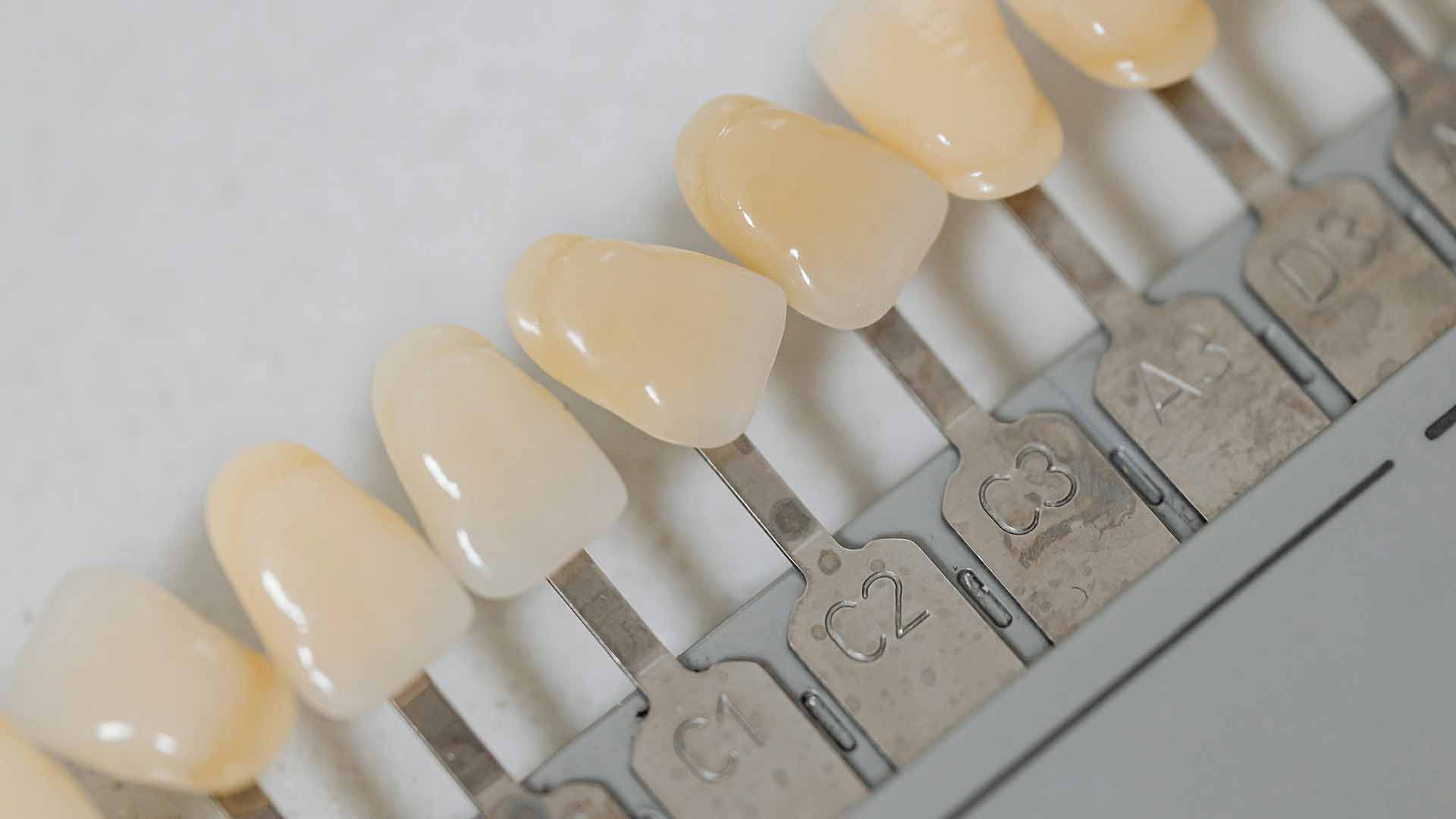
Conclusion: Is It Worth It?
Dental implant provide a durable, aesthetically pleasing, and functional solution to tooth loss. Despite the upfront cost and the time it may take to complete the process, many patients find implants to be a worthwhile investment that improves their quality of life. By understanding the procedure, potential risks, benefits, and financial options, you can make an informed decision about whether dental implant are the right choice for you.
Related Topics About Dental Implants.
